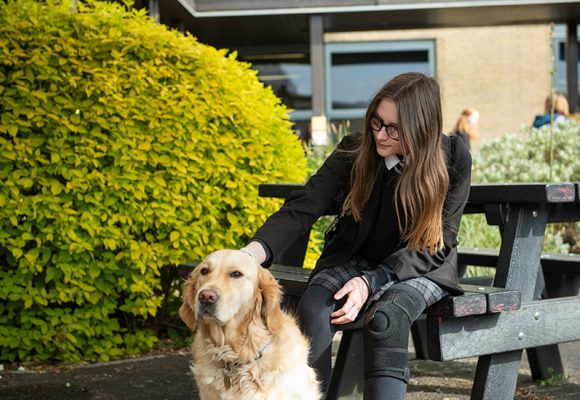Area 6: Habilitation: Independent living skills


Supporting children and young people to develop the day-to-day skills they need in order to live as independent a life as possible.
This area of the framework recognises the importance of supporting children and young people with vision impairment to develop the day to day skills they need in order to live as independent a life as possible. Much of the teaching should be undertaken by, or under the direction of, of a RQHS (who will work in liaison with other professionals such as occupational therapists and QTVIs).
For more information regarding this element of the framework, please download the Curriculum Framework for Children and Young People with Vision Impairment (CFVI) and accompanying guidance.
Examples of targeted intervention approaches
- Eating, using cutlery, understanding the social skills around eating, including eating at a social occasion.
- Toileting (in collaboration with other professionals).
- Personal hygiene.
- Dressing (such as using clothes fastenings and appearance (including make-up and beauty).
- Cooking and food preparation.
- Safe use of kitchen appliances and specialist technology, such as talking scales and liquid level indicators.
- Shopping.
- Cleaning.
- Laundry skills.
- Managing the home, for example changing batteries, replacing lightbulbs.
- Technology skills for living such as online shopping, food identification, online banking and using technology to read print post.
- Time management and calendar organisation.
- Organisational skills.
- Money management.
- Leisure.
- Managing and understanding one’s health.
- Social, emotional and cognitive independent living skills, including making and maintaining relationships.
- Self-advocacy.
Use of resources in practice
When using resources signposted via or downloaded from RNIB Bookshare, consideration should be given to any health and safety risks that might be involved and it is the responsibility of the user of these resources to undertake an appropriate risk assessment where applicable. RNIB assumes no responsibility or liability to the extent permitted by law for any injury, loss or damage incurred as a result of any use or reliance upon the information and material contained within or downloaded from RNIB Bookshare.


